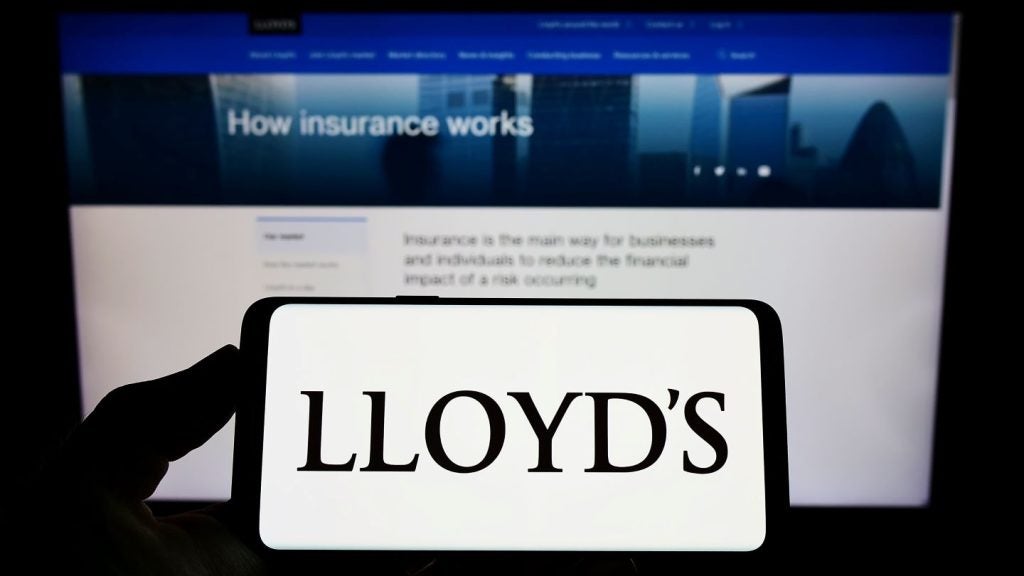
Significant asset-liability duration mismatches, combined with previous widespread use of investment guarantees to customers, mean German life insurers are the most exposed in Europe to the risk of interest rates remaining low for an extended period, Fitch Ratings says.
The ratings agency said firms are adapting by changing their business mix and re-pricing. But a further significant fall in the yields they receive when reinvesting maturing assets would put profitability, capitalisation and therefore ratings under severe pressure.
Fitch said the German life insurance market has relatively high contract durations, which increased significantly in the last decade due to the introduction of government-subsidised annuity products and a change in the tax law in 2005.
Asset durations also increased, but not at the same rate as liabilities due to limited availability of high-quality, liquid, long-duration bonds in the German market.
Fitch estimates the average asset-liability duration gap for German life firms is among the highest in Europe, at around six years, exposing the sector to reinvestment risk as assets mature and have to be reinvested at lower rates.
German life insurers' balance sheets are also dominated by products with guaranteed returns. Fitch calculates that 80%-85% of mathematical reserves relate to these products and firms on average need an investment yield of 2.5% to meet their guarantees.
According to Fitch, insurers have reacted by reducing the dependence on guarantees and the duration of the contracts, and by increasing the duration of assets.

Slow response
However, in many cases the ratings agency said the response has been slow and for most companies these measures will be insufficient to reduce the risks associated with long liability durations and high guarantee levels to comply with Solvency II without applying transitional measures.
Fitch Ratings said: “We therefore believe many German life companies will have applied to the regulator for approval to use transitional measures to limit the initial impact of Solvency II.”
It added: "We expect rated German life companies to meet policyholder guarantees despite these risks. Simulated run-off scenarios support our view that even if interest rates remain low, firms will be able to pay the guarantees for a prolonged period. But profitability, and therefore ratings, could come under severe pressure if these scenarios occur.”







